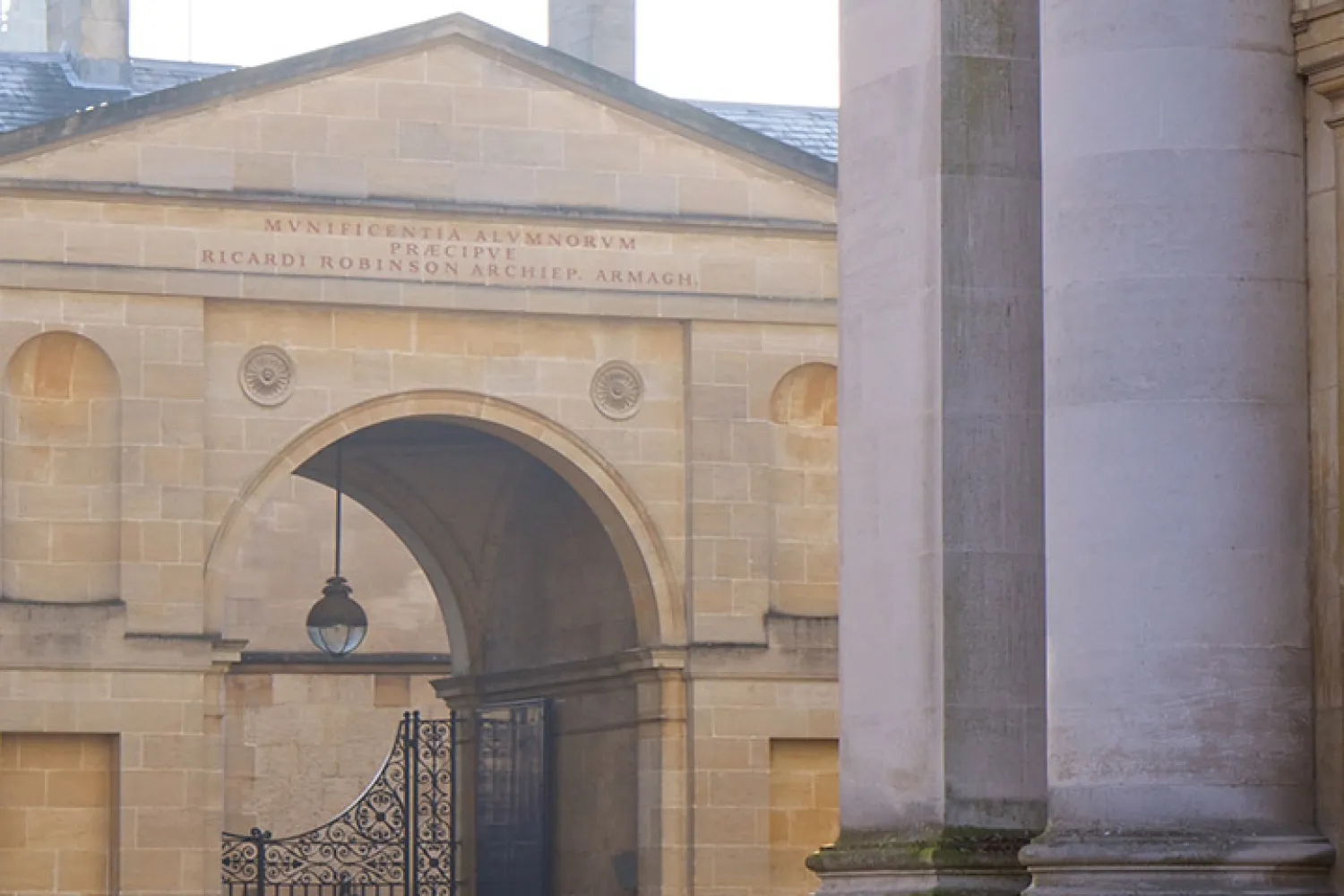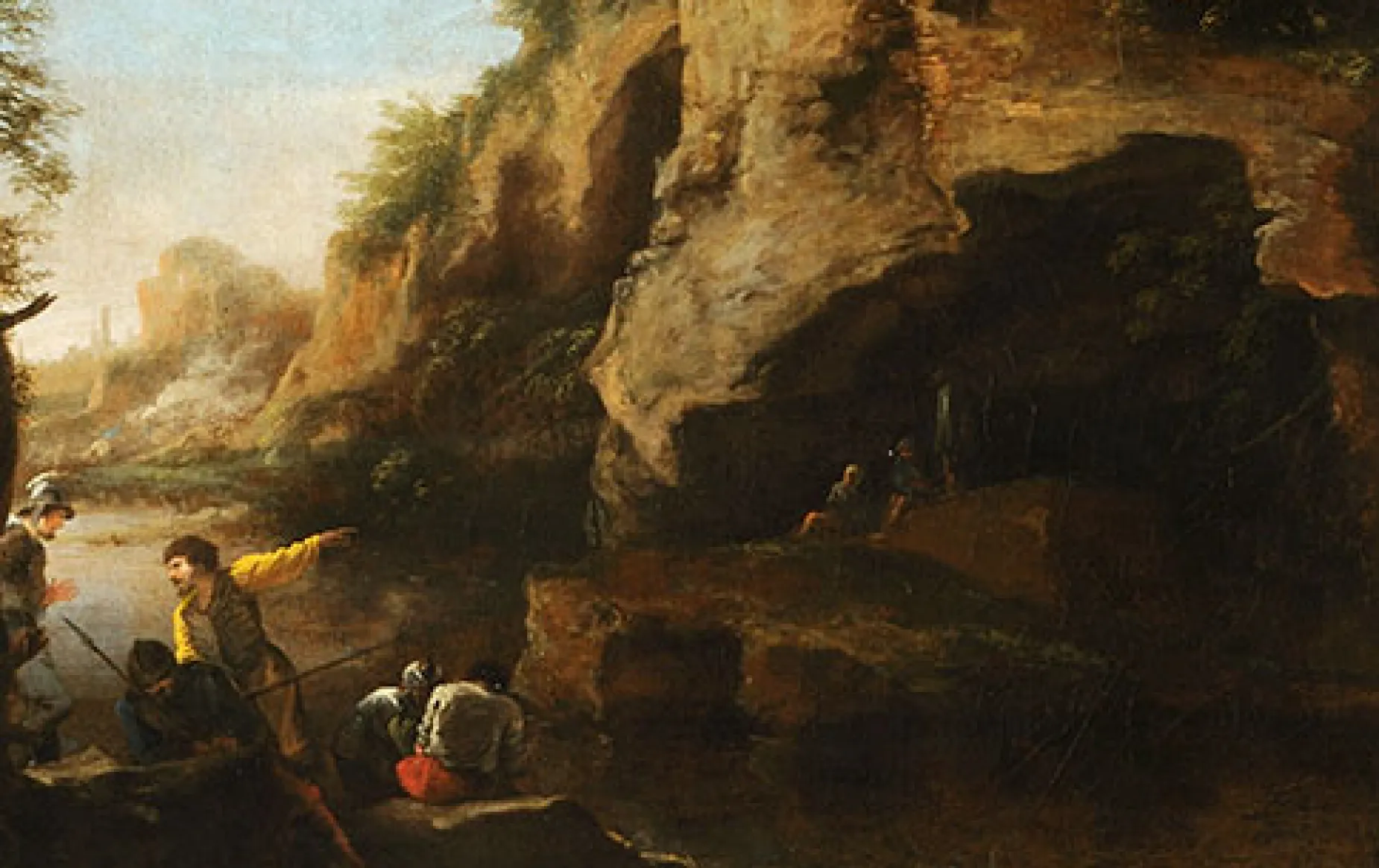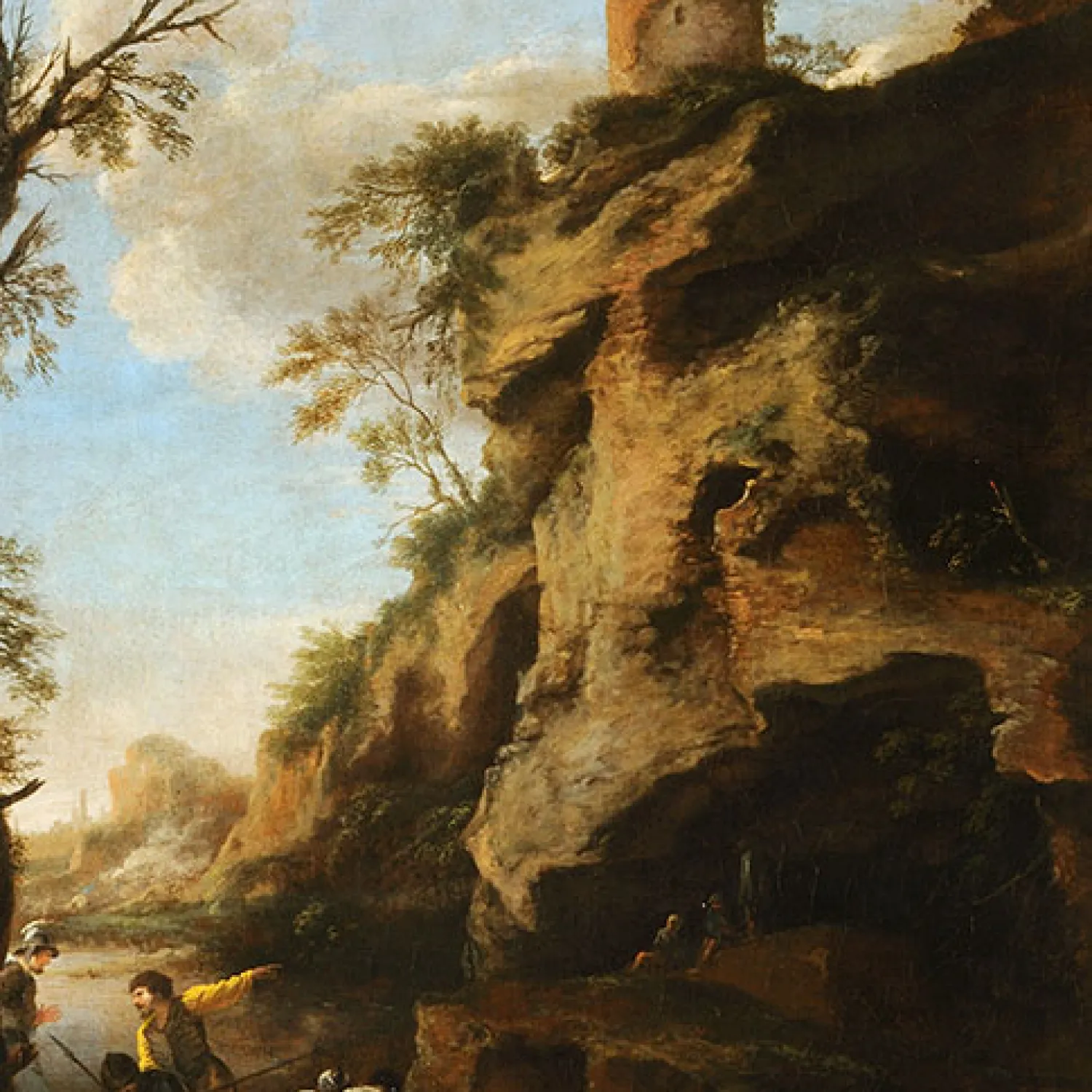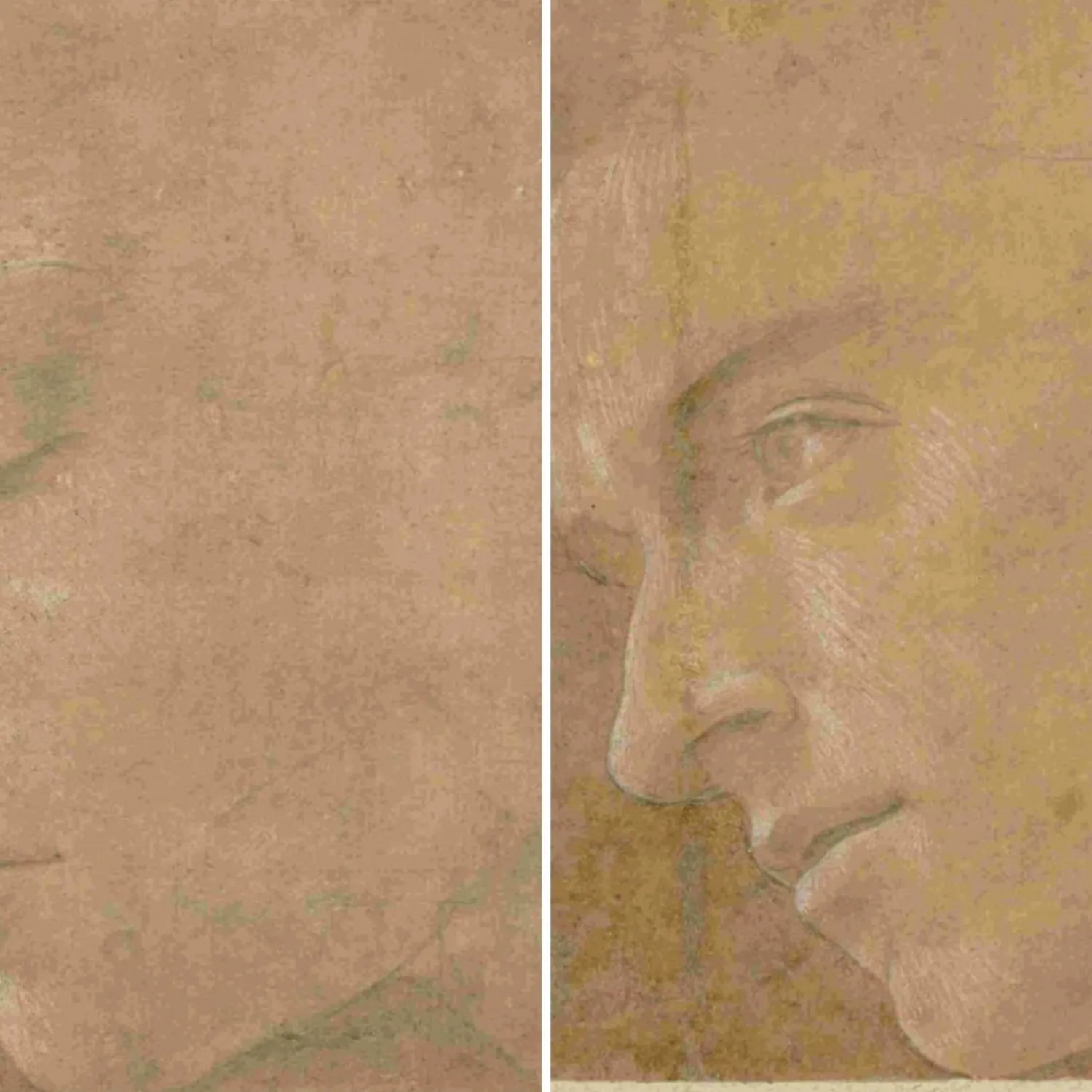Breadcrumb
A Gaping Wound: Mourning in Italian Poetry – book launch
The Christ Church Picture Gallery will host the launch of the recently published volume A Gaping Wound: Mourning in Italian Poetry (Cambridge: Legenda, 2022) on 22 February 2023.
The volume will be presented by its editors: Adele Bardazzi, former DPhil student at Christ Church and currently Irish Research Council Postdoctoral Research Fellow at Trinity College Dublin, Francesco Giusti, current Career Development Fellow and Tutor in Italian, and Emanuela Tandello, Student Emerita of Christ Church.
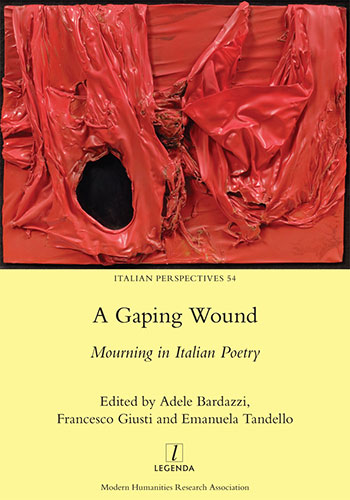 The volume originates from the research project Mourning in Italian Poetry, led by Bardazzi, Giusti, and Tandello. Several scholars from different institutions gathered at Christ Church for a first conference in March 2017 (co-organised with Jennifer Rushworth) and a subsequent conference in April 2018, generously funded by Christ Church, St John’s College, the Faculty of Medieval and Modern Languages, the Society for Italian Studies (SIS), and Oxford Medieval Studies at The Oxford Research Centre in the Humanities (TORCH).
The volume originates from the research project Mourning in Italian Poetry, led by Bardazzi, Giusti, and Tandello. Several scholars from different institutions gathered at Christ Church for a first conference in March 2017 (co-organised with Jennifer Rushworth) and a subsequent conference in April 2018, generously funded by Christ Church, St John’s College, the Faculty of Medieval and Modern Languages, the Society for Italian Studies (SIS), and Oxford Medieval Studies at The Oxford Research Centre in the Humanities (TORCH).
While poetry has always maintained a particular relationship with mourning and its rituals, the volume asks: what is it that lyric discourse has to offer in coping with death, grief, and bereavement? On the other hand, how does mourning become a central creative force in lyric poetry? How does this affect the nature of its discourse and the desires it performs?
Through seven essays written by Emanuela Tandello, Fabio A. Camilletti, Francesco Giusti, Martina Piperno, Marzia D’Amico, Adele Bardazzi and Vilma De Gasperin, the volume explores how poetry dwells on the boundaries between high lyric and vernacular forms, the personal and the political, the local and the national, the individual and the collective, one’s own story and public history, the masculine and the feminine, individual expression and shared language.
Discussing poems by Giacomo Leopardi, Guido Gozzano, Giorgio Caproni, Giorgio Bassani, Amelia Rosselli, Antonella Anedda, and Vivian Lamarque, the volume shows that the Italian poetic tradition and its modern and contemporary ramifications have much to offer for reflection on the ethics and poetics of mourning.
Other Christ Church news
